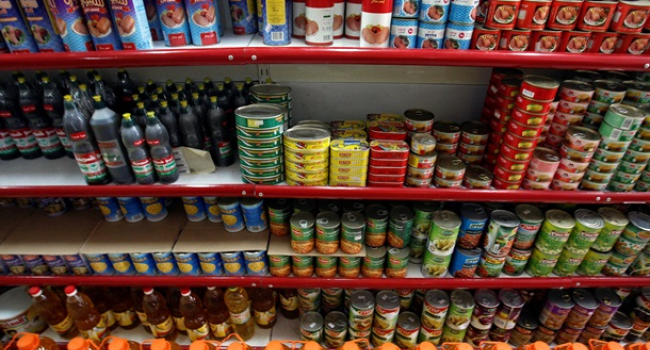Highly processed foods (e.g., chips, cookies, ice cream, French fries) can be considered addictive on par with tobacco, say psychologists from the University of Michigan and Virginia Tech.
The authors of the paper, published in the journal Addiction, used criteria from a 1988 U.S. Surgeon General’s report that found tobacco to be addictive.
They showed that highly processed products meet all the criteria:
- First, they are associated with compulsive use; that is, just as people can’t quit smoking, so they can’t give up processed foods even in the face of life-threatening diseases, including diabetes and heart attack.
- Secondly, food can alter well-being and mood by affecting the brain, with effects comparable to those of nicotine.
- Third, such foods are powerful reinforcing stimuli, which means that the brain will push a person to consume unhealthy foods.
- Fourth, a person may have strong cravings for foods on which he or she is addicted.
The authors hypothesized that highly processed foods can quickly deliver unnaturally high doses of refined carbohydrates and fats to the body, and this is the key to their ability to be addictive.
Highly processed foods now contribute to preventable deaths on a par with cigarettes. The authors call for treating such foods as dangerous, addictive substances.


